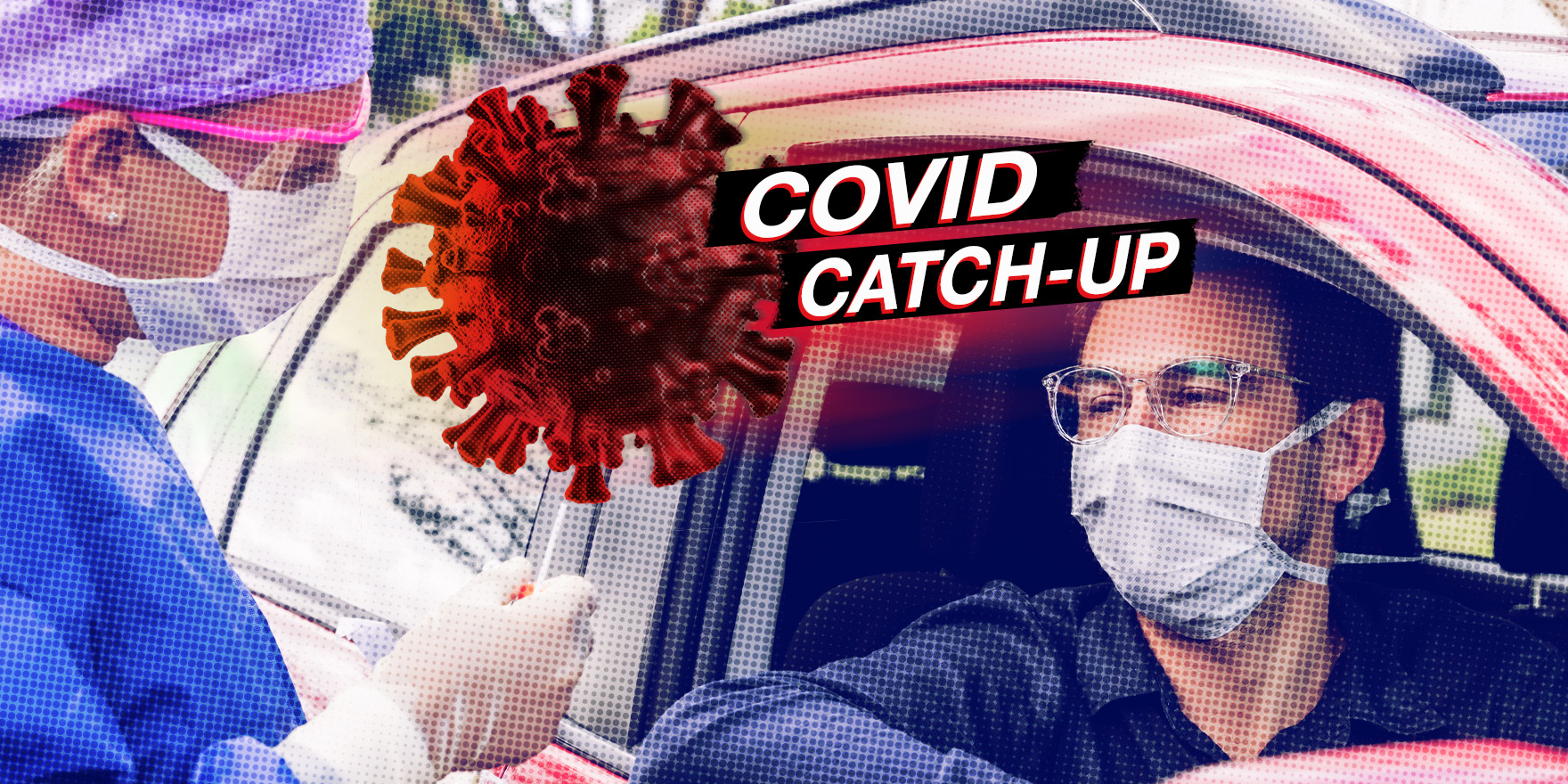Around half of patients hospitalised with COVID-19 may have autoantibodies that increase their risk of clotting, research suggests.
Welcome to the COVID Catch-Up! It’s recent COVID-19 news in one convenient post. Email bianca@biancanogrady.com with any tips, comments or feedback.
- Autoantibodies that increase clotting risk found in half of patients hospitalised with COVID-19.
- Fetal inflammatory response syndrome seen in neonate born to mother with COVID-19.
- Latest confirmed COVID-19 infection numbers from around Australia.
- Around half of patients hospitalised with COVID-19 may have autoantibodies that increase their risk of clotting, research suggests.
A study published in Science Translational Medicine measured levels of autoantibodies that bind to phospholipids and phospholipid-binding proteins such as prothrombin and beta-2-glycoprotein – which play a key role in clotting – in 172 patients hospitalised with COVID-19.
These autoantibodies are normally associated with the inherited autoimmune condition antiphospholipid syndrome, which is characterised by a high risk of clots and affects around 1 in 2000 in the general population.
However this study found at least one type of antiphospholipid antibody in 52% of the patients sampled. Those who tested positive also showed higher rates of neutrophil activation – a marker of inflammatory response – and reduced kidney function.
“It is possible that aPL [antiphospholipid] antibodies are but one species of a broader acute natural antibody response that is in fact prothrombotic in COVID-19 disease,” the authors wrote. - A baby born to a mother with COVID-19 has shown an inflammatory response without actually contracting the virus, according to a case study reported in Pediatrics.
The 32-year-old mother presented in labour at 34 weeks with COVID-19 symptoms, and tested positive for SARS-CoV-2. When the baby was born, it was having trouble breathing so was put on positive pressure ventilation and then intubated. Fourteen hours later the baby developed a fever but all blood cultures and PCR tests came back negative. Its platelet levels dropped, its C-reactive protein levels were significantly higher than normal, but by day 8 of life these had returned to normal.
The infant was taken off a ventilator, and finally discharged home on day 22 with no further issues.
The authors suggested this may have represented fetal inflammatory response syndrome in response to maternal infection, some of whose clinical features overlapped with the Multisystem Inflammatory Syndrome that has been seen in children exposed to SARS-CoV-2.
“Even in the absence of vertical transmission, FIRS due to maternal SARS-CoV-2 infection could lead to significant neonatal morbidity,” they wrote. - Here are the latest confirmed COVID-19 infection numbers from around Australia:




